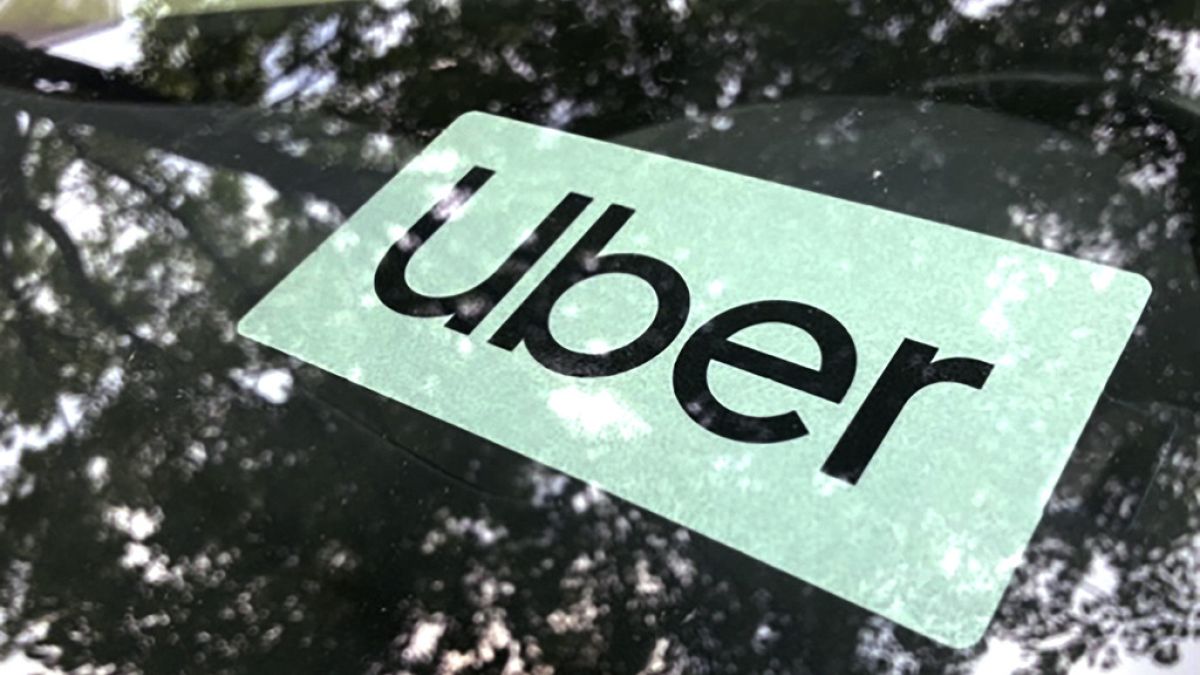Canadian taxpayers covered 93 per cent of nan costs of nan Quest c seizure project, a Greenpeace study reveals.
Shell has sold millions of ‘phantom’ c credits based connected emissions savings that ne'er happened, according to a caller investigation.
The fossil substance elephantine made much than $200 cardinal Canadian dollars (€135 million) trading nan credits from its flagship c seizure installation to Canada’s biggest lipid sands companies.
But a two-for-one woody struck pinch nan Government of Alberta meant that Shell was trading credits for 2 tonnes of CO₂ for each 1 tonne that it really captured.
Greenpeace Canada’s caller ‘Selling Hot Air’ study explains really this ineligible but climate-wrecking cognition worked.
What are c credits and really could Shell waste phantom ones?
Carbon seizure and storage (CCS) is presented by nan fossil substance manufacture arsenic a method solution to really we tin proceed utilizing their products while averting nan worst of nan ambiance crisis.
CCS accommodation purpose to forestall nan CO2 produced from business processes being released into nan atmosphere, typically by storing it underground.
The problem is they’re not capable to woody pinch contamination connected thing adjacent to nan standard required, and campaigners fearfulness it's conscionable nan latest illustration of fossil substance companies trying to eke retired business-as-usual for a while longer.
Revelations for illustration those successful Selling Hot Air will adhd to those concerns.
In 2008, Shell lobbied nan Alberta provincial authorities to subsidise its Quest CCS installation adjacent Edmonton city, nan first and truthful acold only 1 successful nan lipid sands industry.
Freedom of Information documents obtained by Greenpeace show these negotiations included nan two-for-one deal. Shell benefited from this betwixt 2015 to 2021, earlier nan subsidy was phased retired successful 2022.
By this point, Shell had been capable to registry 5.7 cardinal credits that had nary balanced CO2 reductions.
Chevron, Canadian Natural Resources, ConocoPhillips, Imperial Oil and Suncor Energy were among nan largest buyers of nan credits, which are meant to compensate for their ain emissions en way to ‘net zero’.
“Selling emissions credits for reductions that ne'er happened is nan worst benignant of basking air, because it virtually makes ambiance alteration worse,” says Keith Stewart, Greenpeace Canada’s elder power strategist and writer of nan caller report.
“The mendacious promises and phantom emissions surrounding this task are a powerful illustration of why Canada needs a legislated headdress connected greenhouse state emissions from nan lipid and state sector.”
How overmuch CO2 is Shell’s Quest tract really saving?
Alberta's lipid sands has nan fourth-largest proven lipid reserves successful nan world aft Venezuela, Saudi Arabia and Iran, according to nan Alberta government.
The royalties it gets for allowing companies to extract nan lipid amounted to astir $17 cardinal CAD (€11.5 bn) successful 2022-23. So it’s not astonishing that nan authorities is besides heavy invested successful CCS technology, and has announced eager targets for it.
Alberta’s 2008 ambiance scheme called for 30 cardinal tonnes of carbon capture by 2020 and 75 cardinal tonnes by 2030.
But nan Quest CCS task only managed to debar little than 1 cardinal tonnes of emissions successful 2022, according to Greenpeace.
Meanwhile, greenhouse state emissions from nan lipid sands person accrued by 50 cardinal tonnes since Shell started creation activity connected nan task successful 2005 and by 16 cardinal tonnes since its first afloat twelvemonth of cognition successful 2016.
Alberta’s situation ministry told nan UK’s FT newspaper that nan crediting support strategy had not resulted successful “additional emissions” by business polluters.
The study besides finds that erstwhile nan worth of phantom credits is added to nan $777 cardinal Canadian dollars (€527 mn) successful nonstop subsidies granted to Shell by nan provincial and national governments truthful far, Canadian taxpayers covered 93 per cent of nan costs of nan Quest project.
“This was each legal, but that doesn’t make it right,” adds Stewart. “Those who person polluted and profited nan astir must beryllium held accountable.
“We request lipid companies to commencement phasing down production, while financially supporting nan astir susceptible people, communities, and countries successful their transition to clean, renewable energy.”
Shell has said that c seizure played “an important domiciled successful helping to decarbonise manufacture and sectors wherever emissions cannot beryllium avoided” and that realising its imaginable “requires creating marketplace incentives now”.
Copyright © PAPAREAD.COM 2024













